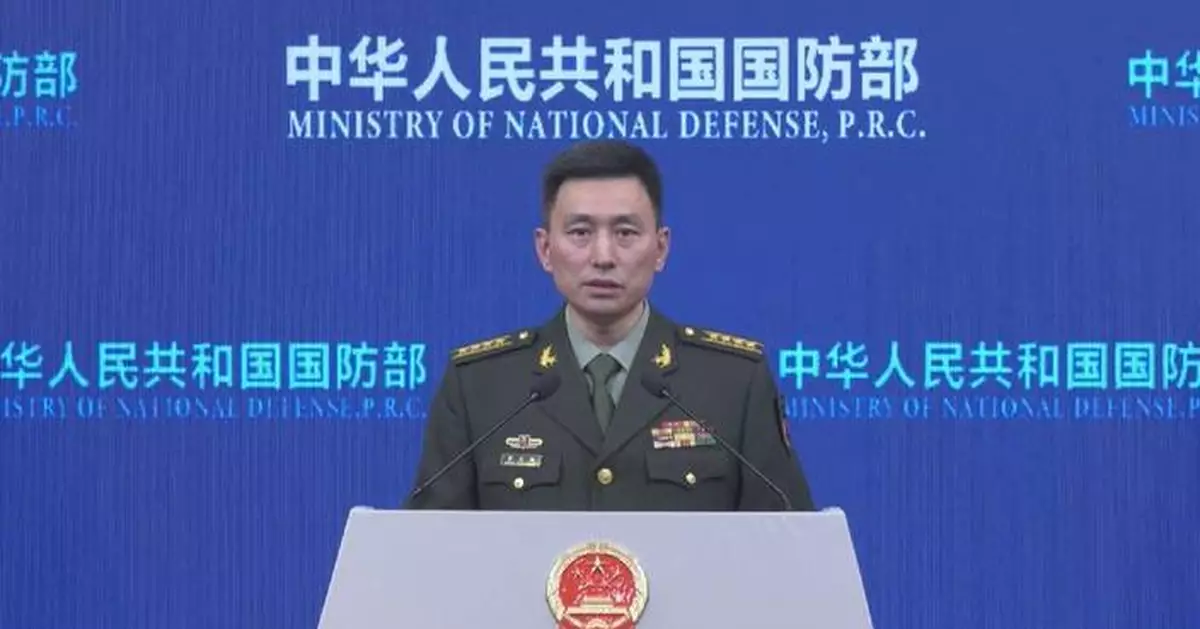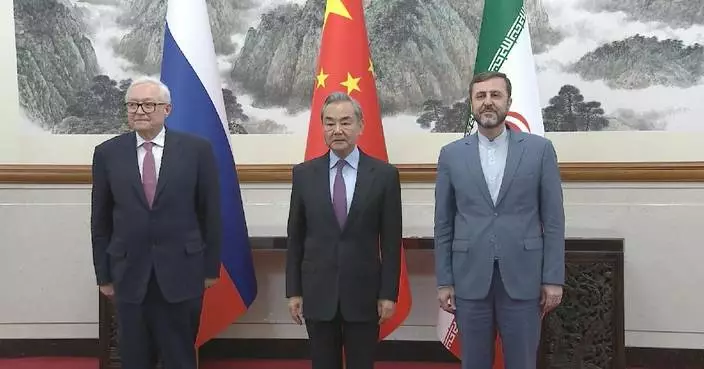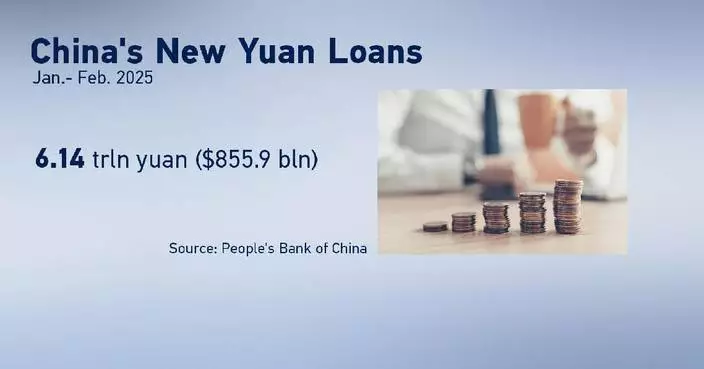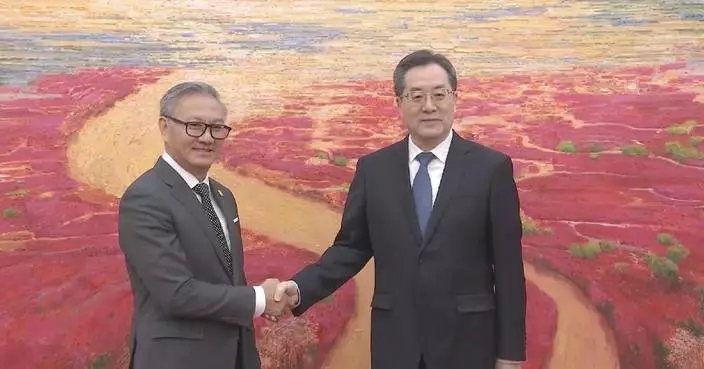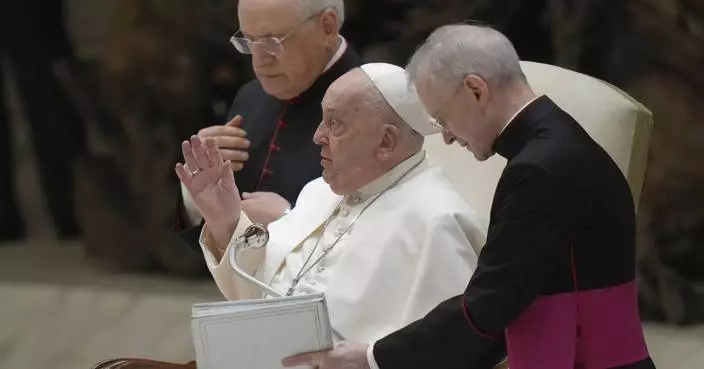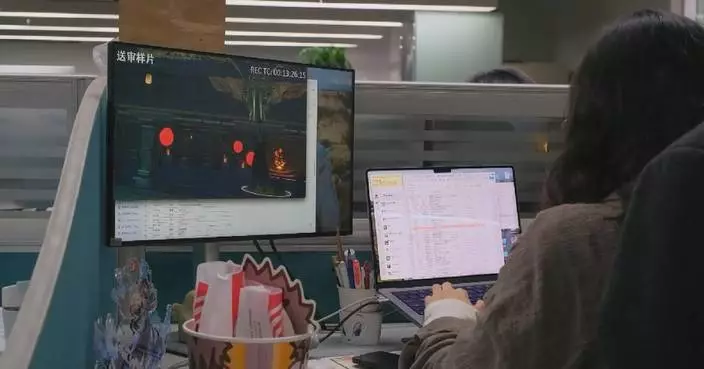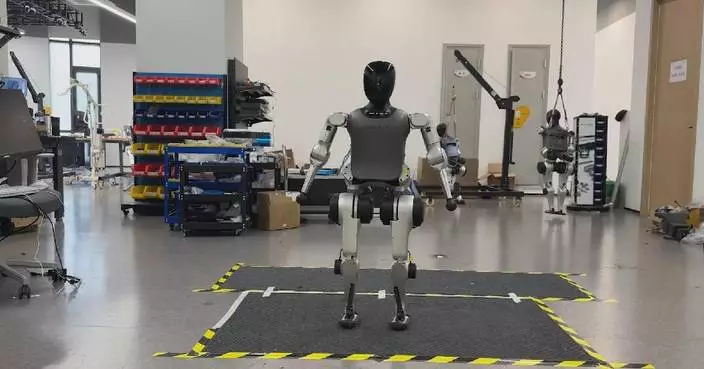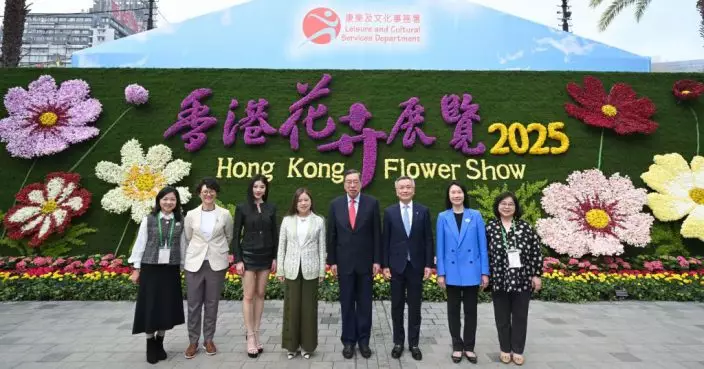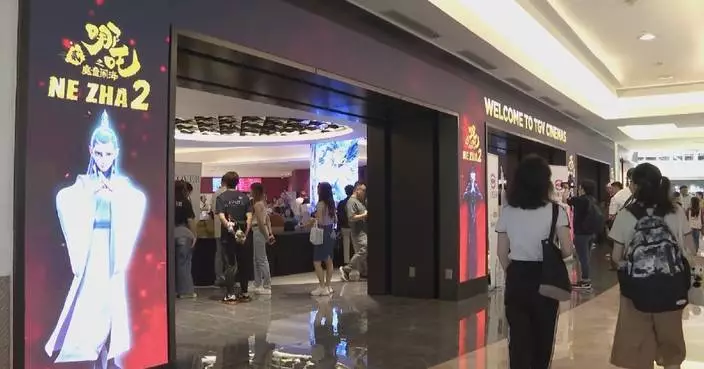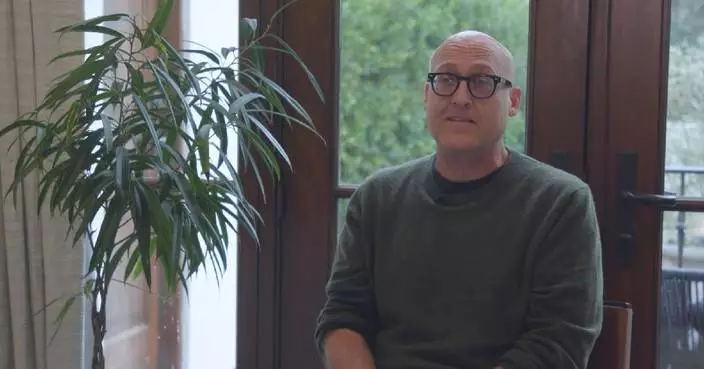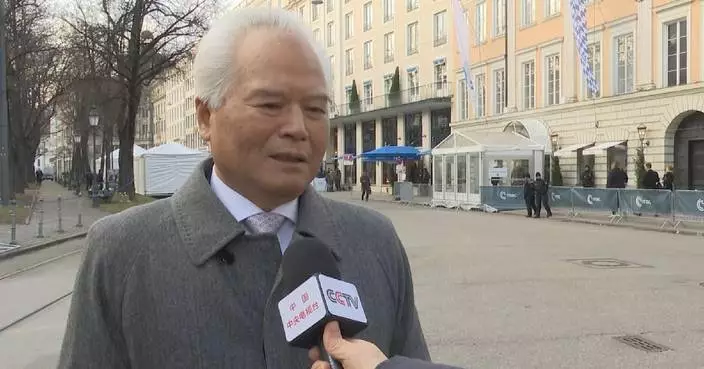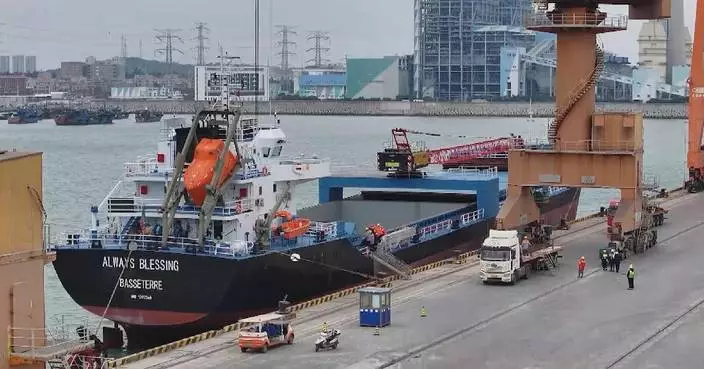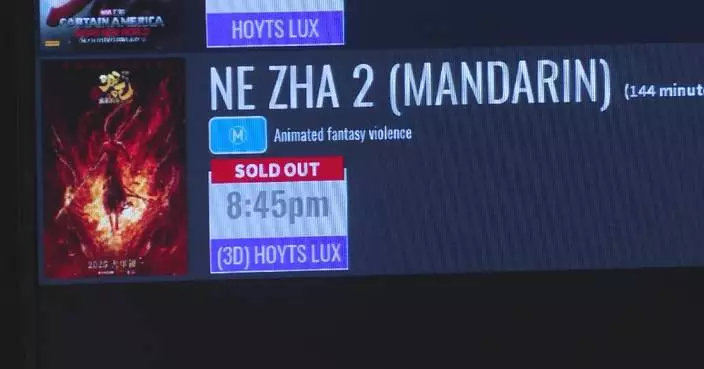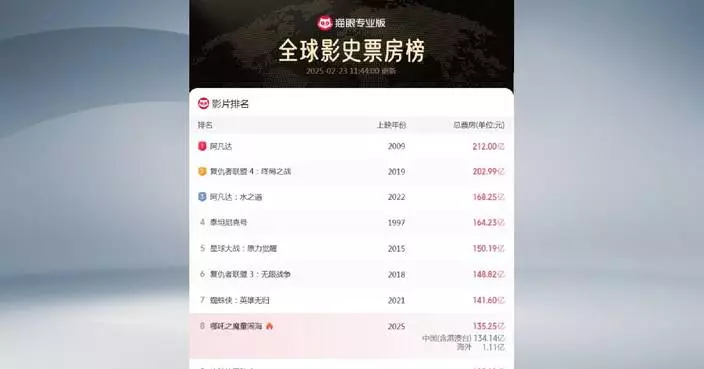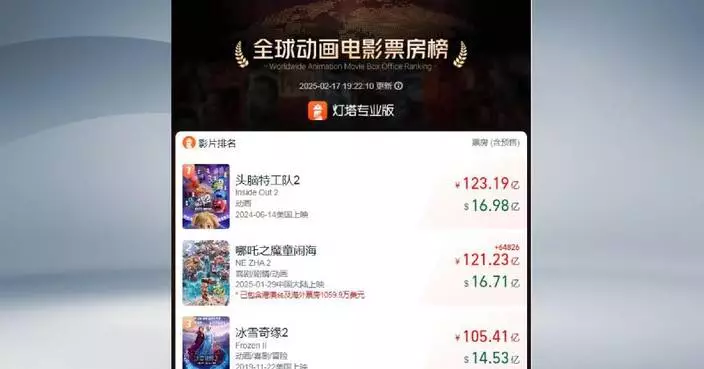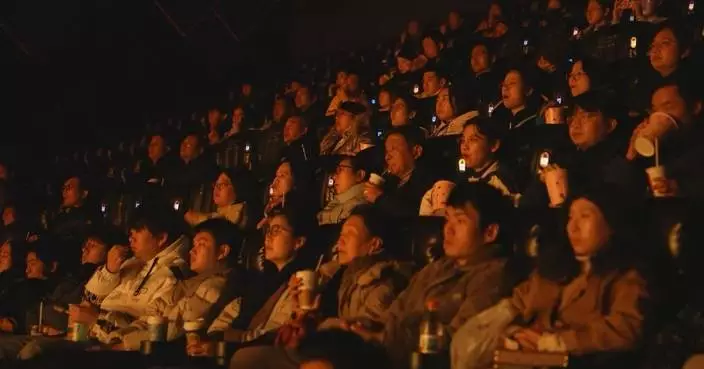A Chinese defense ministry spokesman on Friday criticized Japan's development of offensive weapons, calling it a dangerous departure from its pacifist constitution.
Zhang Xiaogang, spokesman for the Ministry of National Defense, made the remarks at a regular press conference in response to a report that Japan's Defense Ministry has, for the first time, publicly disclosed details of its development of a new ballistic missile with a range of 3,000 kilometers, far exceeding the scope of its "exclusively defense-oriented policy," which is seen as an effort to develop offensive weapons following U.S. calls for allies to enhance their strike capabilities.
"In recent years, Japan has continuously breached constraints of its pacifist constitution, moving further down the path of military expansion, which is dangerous and unpopular. The lessons of history are not the distant past, as Japanese militarism once brought innumerable disasters to Japan, Asia, and the rest of the world. This year marks the 80th anniversary of the victory of the Chinese People's War of Resistance Against Japanese Aggression and the World Anti-Fascist War. We demand that Japan draw profound lessons from history, exercise caution regarding military security, and take concrete actions to promote regional peace and stability, thereby earning the trust of its Asian neighbors and the international community," said Zhang.
Japan's current Constitution, drawn up under the Allied occupation following World War II, is best known for its Article 9, by which Japan renounces its right to wage war and promises that "land, sea, and air forces, as well as other war potential, will never be maintained."
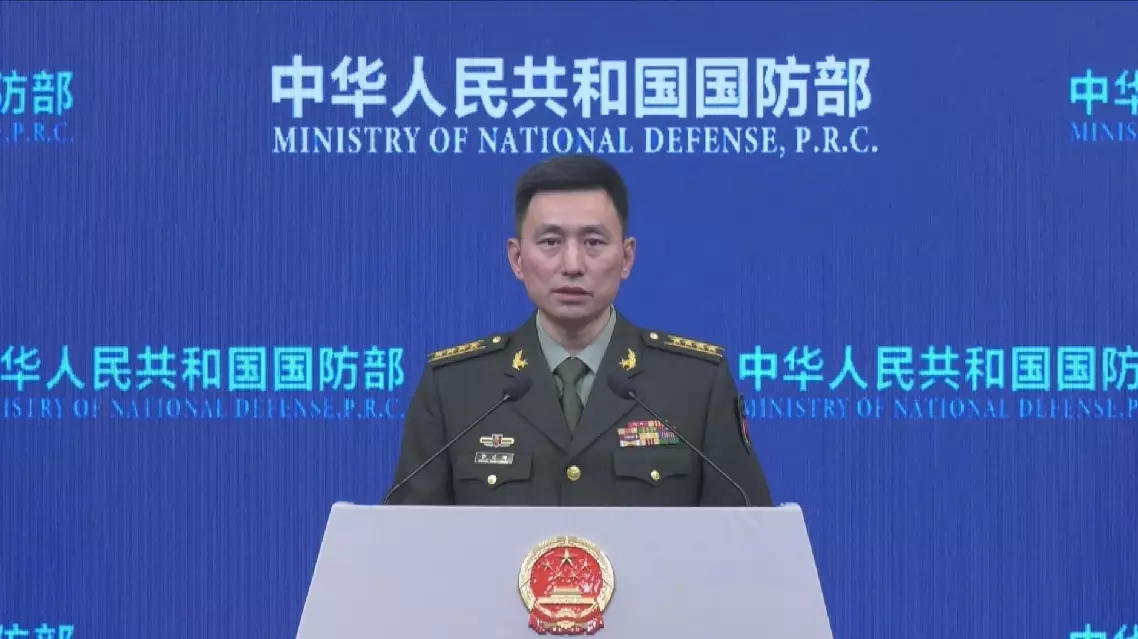
China's defense ministry criticizes Japan's development of offensive weapons
The two-state solution is the only path to resolve the Palestinian-Israeli conflict, former Lebanese Prime Minister Hassan Diab said in an interview with China Media Group (CMG) in Guangzhou, southern China’s Guangdong Province.
The two-state solution refers to a proposed framework for resolving the Israeli-Palestinian conflict, aiming to establish two independent states -- Israel and Palestine -- coexisting in peace and security.
"I believe the core of the conflict is the fact that we have people -- the Palestinians -- that have suffered for almost eight decades, and that are probably the only people in the world today that are under siege, being attacked, being killed. I don't see any other solution other than giving them their own state with 1967 borders, with East Jerusalem as their capital, which was what was presented in the Arab Summit 22 years ago in 2002. And the 22 Arab countries were ready to sign a peace treaty based on that condition that the Palestinians will have their own state, their own dignity, their own homeland. And this has not happened since," Diab said in the interview aired on Friday.
Resolving the Palestinian question and achieving lasting peace in the Middle East requires the concerted efforts of the entire international community, including major powers like China, Diab noted.
"It's about global balance of power. So, China, being a major player at the global level, can contribute towards a peace resolution, and they have done that before. But everybody needs an end to this conflict, and the only way to end this conflict is to create a Palestinian state for Palestinians. The two-state solution -- I think, it's only fair -- to have Palestinians have their own state and determine their own future without dictation by anybody," he said.
The former Lebanese leader highlighted China's long-standing ties with Lebanon and the Middle East, emphasizing its proactive and fair role in regional affairs. He noted China's historical connections with the region and its potential contribution to achieving a political resolution, including the widely discussed two-state solution.
"China has always been a friend to Lebanon and a friend to the Middle East. There are Lebanese-Chinese ties from a long time ago at the trade level and so on. And yes, China is playing a proactive role even at the political level. China, as a fair player, would, in my mind, be conducive to reaching the political solution and the two-state solution that everybody talks about," Diab said.
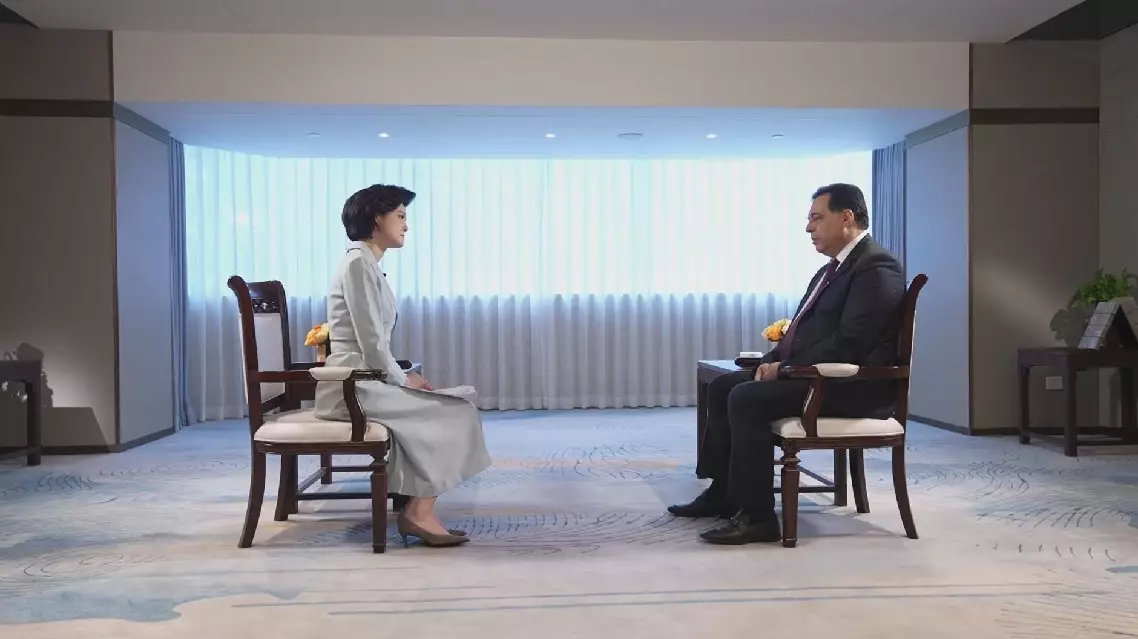
Two-state solution only way to resolve Palestine-Israel conflict: former Lebanese PM



